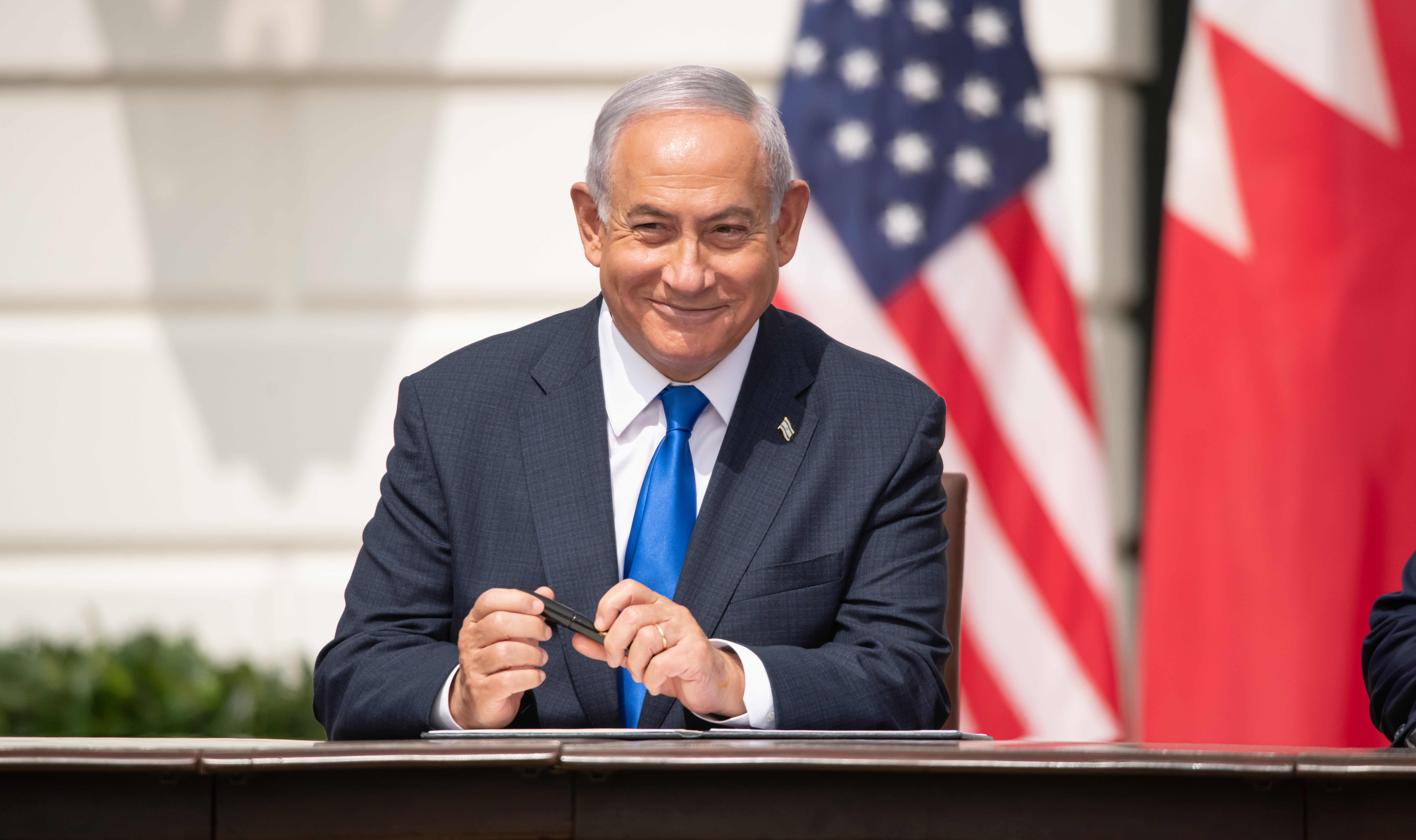Israel Looks Poised to Escalate
Hamas has agreed to a ceasefire, but Israel has committed only to sending negotiators to clarify its provisions.

Could there actually be a ceasefire in the Gaza war?
In a statement Monday, Hamas announced it had accepted a ceasefire deal brokered by Egypt and Qatar. Ismail Haniyeh, the chief of Hamas’s political outfit, informed the Egyptians and Qataris that the terms were amenable, per the statement. The precise terms, and how those terms ought to be interpreted, however, remain undisclosed and perhaps even undefined.
Last week, a ceasefire predominantly crafted by Israel and mediators would release between 20–33 hostages held by Hamas over six to eight weeks in exchange for a ceasefire and the freeing of a large number of Palestinians detained by the Israeli government. Hostages in exchange for a ceasefire and detainees has generally been the formula of each of the failed ceasefire agreements until this point in the war. But both sides have made demands in the negotiating process that undercut the potential for any deal. Hamas has demanded a permanent ceasefire, and Israel wouldn’t commit fully to supporting even their own ceasefire proposal.
It appears that Hamas has mostly kept the structure of previous ceasefire agreements intact. The ceasefire would ensue over three stages in which hostages and detainees would be exchanged. Meeting these hostage exchange obligations would prolong the ceasefire and enable the return of more hostages.
What remains to be seen, however, is the extent to which Hamas has made substantial changes. Furthermore, while some changes that have been made publicly available seem minor, they are presenting difficulties in how the two sides might interpret the provisions in question. For example, one provision in the second stage of the agreement, according to the Washington Post, is for the return of “sustained calm” to Gaza. While Hamas takes this language as a substitute to permanent ceasefire, Israel has repeatedly rejected the notion that is the case. Currently, the deal does not define what “sustained calm” entails, and the Israelis are looking to add clarity to that provision as it considers its response. So far, the only commitment Israel has made is to send more negotiators to clarify the contents of the ceasefire agreement.
The question remains whether Israel genuinely wants a ceasefire at this point. Israel’s Prime Minister Benjamin Netanyahu’s office has announced that while Israel considers how to respond to the Hamas agreement, Israel’s war cabinet has “unanimously decided” to continue operation in Rafah. Salama Marouf, a spokesperson for the Hamas-run Gaza government office, released a statement claiming that Israel “went into truce negotiations deceptively without abandoning the idea of a broad aggression against Rafah.”
Israel’s Rafah invasion has intensified over the last 48 hours. In the morning hours on Monday, the Israeli military dropped leaflets in eastern Rafah telling residents to evacuate temporarily to a humanitarian zone in central Gaza between Khan Younis and Gaza City. Shortly thereafter, Israel began a sustained bombing campaign on Rafah. The Israeli military claimed it was “conducting targeted strikes against Hamas terror targets in eastern Rafah,” and has thus far not called for a “wide-scale evacuation of Rafah.”
“This is a very specific scoped operation at the moment to move people out of harm’s way,” Israeli military spokesperson Lt. Col. Nadav Shoshani claimed.
And Israel is not alone in continuing hostilities while a ceasefire agreement is within reach. Hamas’s agreement to a ceasefire was a surprise; the terror group has continued rocket strikes against Israeli targets. On Sunday, a Hamas rocket attack launched from Rafah killed four Israeli soldiers near the Kerem Shalom border crossing.
President Joe Biden has repeatedly told Netanyahu to not invade Rafah and that doing so could jeopardize America’s support in the Gaza war. According to the White House, Biden and Netanyahu spoke over the phone about the ceasefire agreement and operations in Rafah in which the president “reiterated his clear position on Rafah.”
Matthew Miller, a State Department spokesman, told the press that U.S. officials received confirmation that Hamas had accepted a ceasefire agreement and officials have now been given the chance to “review it, digest it, discuss it with our partners.”
Subscribe Today
Get daily emails in your inbox
“I don’t want to characterize the nature of that response just yet,” Miller added.
During a Monday press conference, National Security Council spokesman John Kirby said, “[CIA Director William J. Burns], as you know, is there, and he’s working this in real time on the ground.”
“We want to get these hostages out. We want to get a cease-fire in place for six weeks. We want to increase humanitarian assistance,” he continued. “And the last thing that I want to do is say anything at this podium that’s going to put that process at risk.”